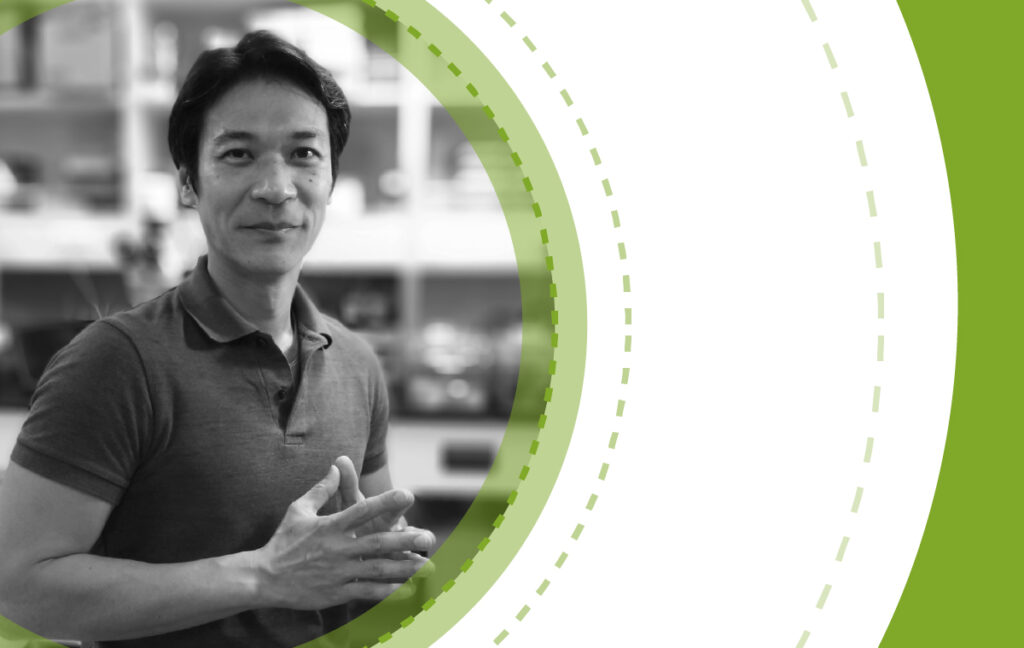15 December 2021 – Crossing disciplines is at the heart of new EMBO Global Investigator Hsu-Wen Chao’s research career. “I like to study different things and to re-organize all of this knowledge to try something new,” explains Chao, an associate professor at Taipei Medical University. After initial training in neuroscience in Taiwan, four years as a postdoctoral researcher in chronobiology at Kyoto University turned out to be formative. “I went back to Taiwan and tried to connect circadian rhythms to metabolism and liver disease,” he says. Now Chao studies circadian genes in the liver, how liver cells can get more than two sets of chromosomes, a condition termed polyploidy, and how this can develop into cancer in mice. He hopes that the results will help to find new treatments for human patients.
Collaboration is key for Chao. In Japan, he established connections he still maintains, albeit travel restrictions and quarantine measures during the pandemic made visits difficult. Luckily, his experiments in Taiwan have not been affected much: laboratory work continued as there was no shutdown. The EMBO Global Investigator Network will help Chao to establish new collaborations, but, he notes, it is not well known in Taiwan. Keen to raise awareness, he says: ”The first thing for me will be to let young researchers know that there is this opportunity for international collaboration and training.” Chao plans to invite global investigators from Taiwan to exchange findings, and maybe organize a workshop to let others know about the network and share experiences.



